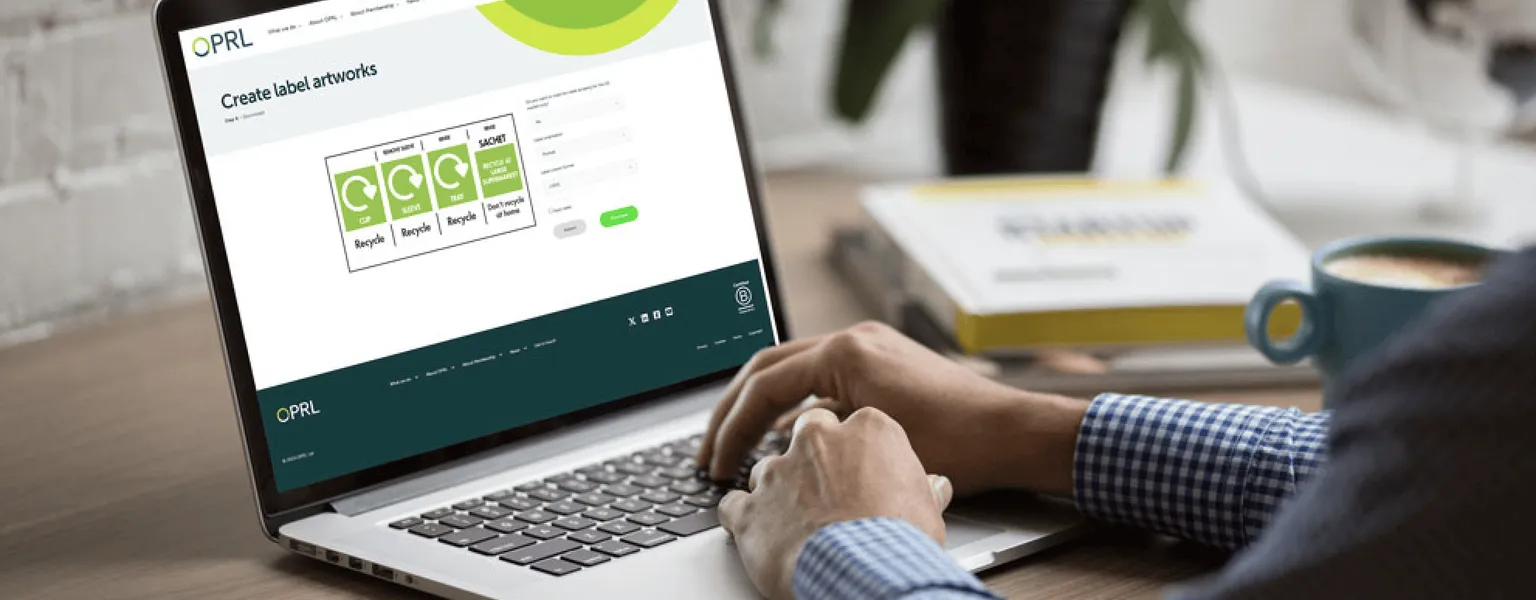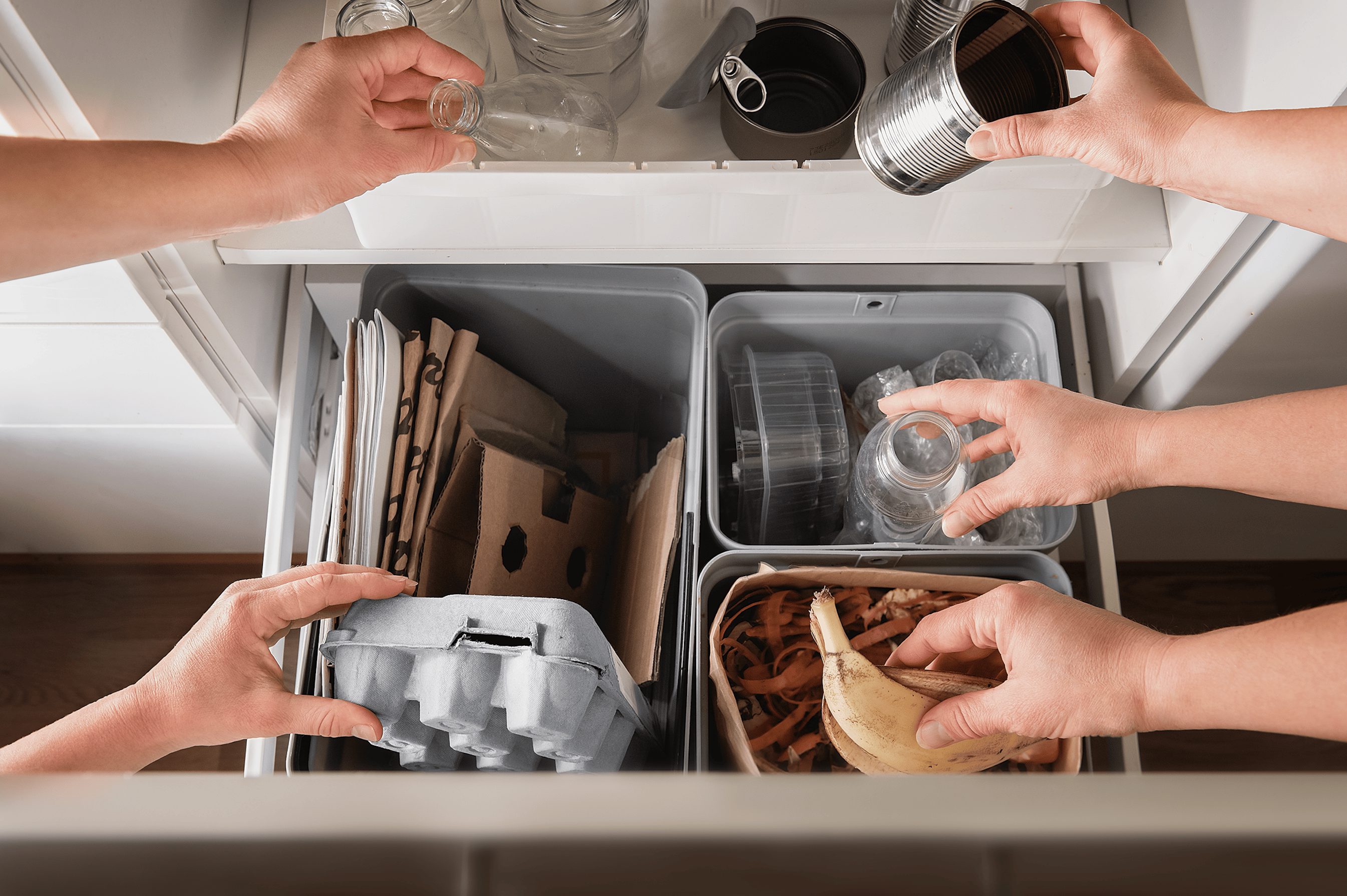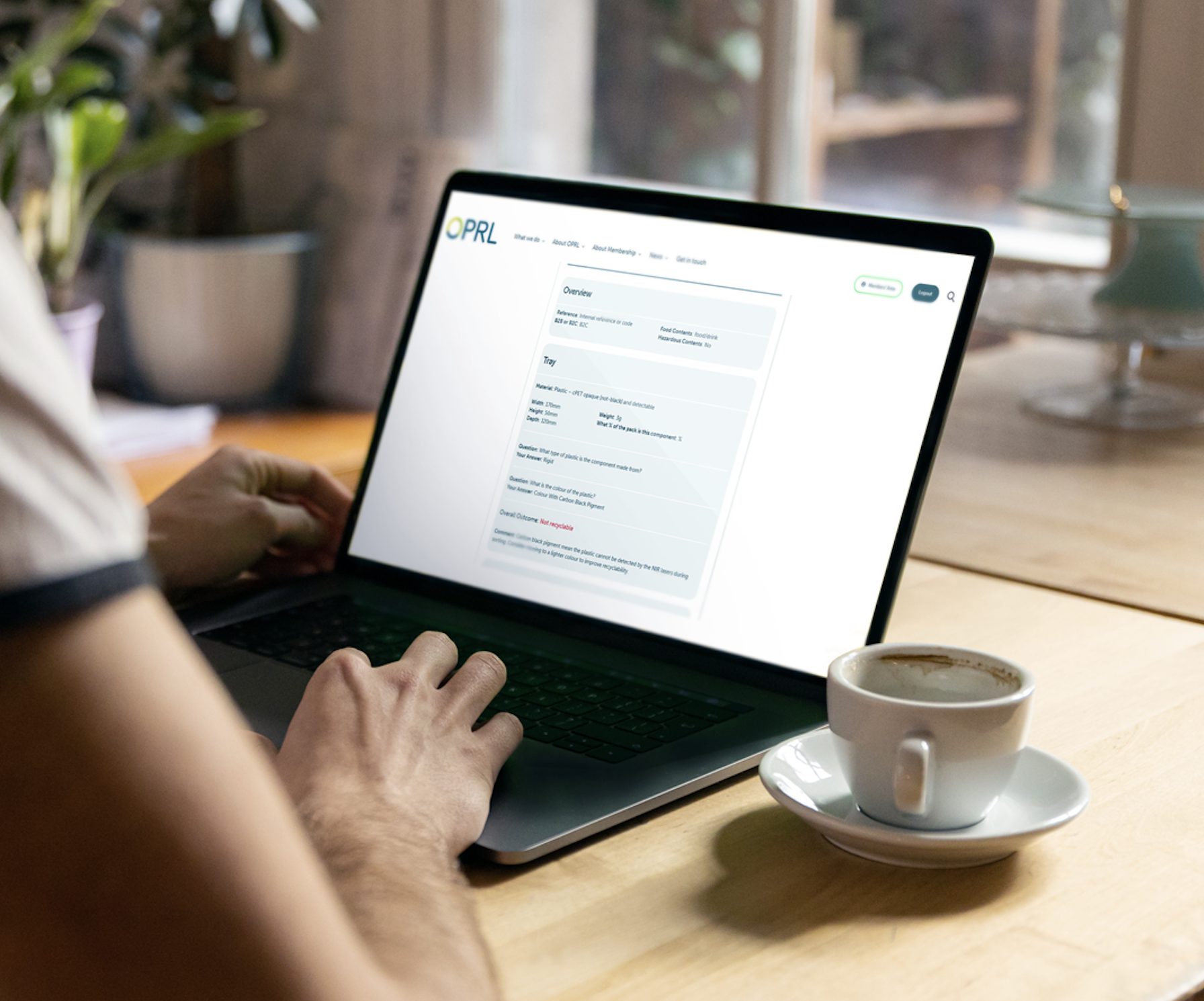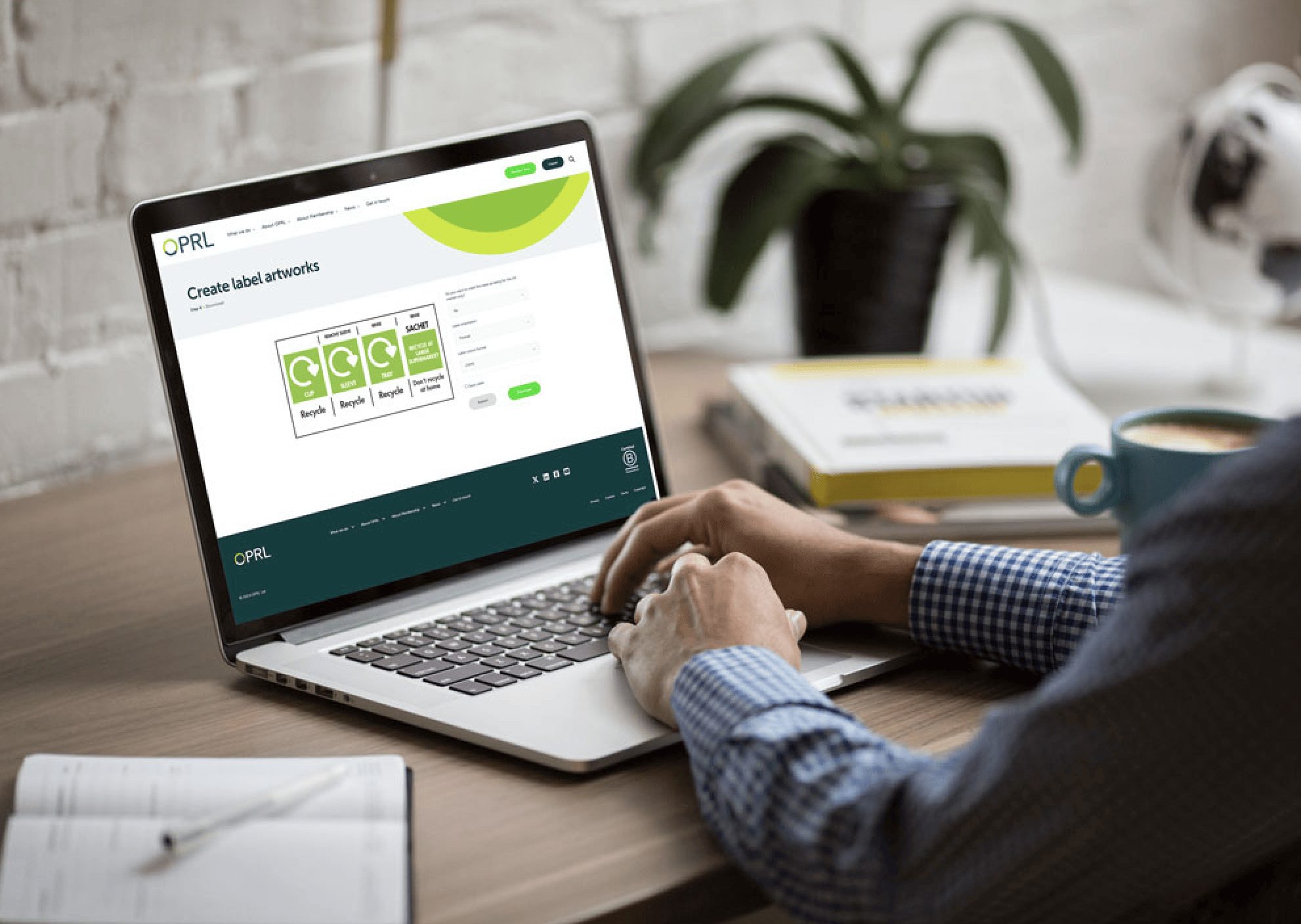Labels – EPR’s secret weapon

Business
With pEPR upon us, Jude Allan, Interim MD at OPRL, explains why labels are the key to success.
In recent years, sustainability has succeeded in advancing from a ‘nice add-on’ to ‘essential strategy’. Anyone who still doubts its relevance need only look at the seminar programme here at Packaging Innovations and Empac – speakers are exploring the sustainability challenges and opportunities around everything from redesign to circularity and reuse. With the arrival of Extended Producer Responsibility for Packaging (pEPR), there has never been a more exciting time to bang the drum for sustainability.
OPRL was launched to build a labelling system that would make it easier for members of the public to recycle. The brands that have signed up share a commitment to helping the UK meet its recycling targets and ensuring that we make the most of diminishing resources.
Our members appreciate the need for consumer engagement and understand that clear instructions are key to getting people on board and helping them do the right thing. So, for over 15 years, OPRL has provided the tools for a UK-wide labelling system used by many of the most forward-thinking brands in the UK. Under pEPR, participation in recycling will be more important than ever.

EPR for Packaging
At its heart, pEPR involves a transfer of costs. Instead of taxpayers funding the disposal of waste packaging, packaging brands and importers will foot the bill. The first pEPR fees come into force in October this year, with eco-modulation following on in 2026.
Once eco-modulation is in place, non-recyclable materials will be charged at a higher rate than recyclables. In December, the official Recyclability Assessment Methodology (RAM) was published. This classified all materials under a traffic light system that shows which category they will fall into for eco-modulation.
Participation – the missing link
Members of the public will play a critical role in the success of pEPR. A lack of engagement with recycling leads to lower volumes of material being collected and, under the terms of pEPR, this will result in higher costs for producers. Without clear information on how to make the right decisions around recycling, citizens will not buy into the system.
As the legislation beds in, we can expect to see more efforts to eliminate non-recyclable packaging, but this work will prove fruitless unless members of the public place items in the correct container. So savvy brands are choosing to label more packaging products, in order to avoid confusion and encourage greater participation.

Why recycling labels?
We know that on-pack labelling is the first port of call for those looking for information on recycling, so all stages of the value chain will benefit from clear, coherent messaging.
EPR for Packaging is one of a group of initiatives to smooth the path to greater levels of recycling. The Simpler Recycling element, for example, means that local authorities all around the country will soon collect the same materials. This standardisation will help packaging producers to align with recycling collections and make it easier for them to include labels that apply nationally. In turn, the labels help local authorities trying to promote their recycling services to householders.
Before Christmas, Defra also announced plans for a behaviour change group to lead a campaign to promote recycling. If we encourage people to take part, we do not want them to be held back with any confusion around what can and cannot be recycled.
Mandatory recycling labelling under pEPR
Preparing now will also yield benefits as legislation progresses. Although the timeline has shifted, mandatory labelling for recyclability under pEPR is still imminent. Those brands that have already allocated a space for a recycling label and addressed packaging recyclability will be several steps ahead of those scrambling to adapt when their labelling comes into pEPR.

Assessing recyclability
OPRL’s approach has always been to take the complexity out of difficult choices. That is why our labels currently take a binary approach – Recycle or Do Not Recycle. Adding new labels to packaging can be challenging; but the greater challenge will be to assess recyclability across numerous product lines.
OPRL recently introduced our Recyclability Assessment Tool, which is being updated to ensure that we fully align with the RAM. Our interactive tool is designed to help brands make informed choices around packaging design and reduce their financial obligations under pEPR. It takes members through a series of step-by-step questions to assess the recyclability of their packaging, in line with the rules outlined in the RAM document. It analyses a wide range of data, including the size and weight of components, as well as other areas like packaging type, materials, and laminations or coatings.
For packaging producers and suppliers, this can be a lot to get your head around. But at OPRL, it is business as usual. Recycling labels are the element that brings it all together, that links the entire value chain. Suppliers, producers, local authorities and reprocessors are all playing their part, but we need citizens on board to make pEPR work.
For more information visit the OPRL website.
Related News
-
Business
Mandatory labelling – removing confusion, reinforcing circularity
-
Supplier News
YPS welcomes OPRL labelling change
-
Business
Defra: EPR scheme for packaging deferred to October 2025
-
Business
Ready for change – reducing costs under pEPR
-
Business
Packaging legislation – costs, customers and reconfiguration




